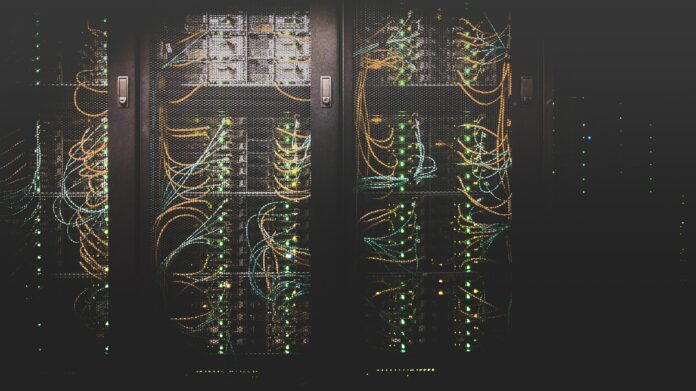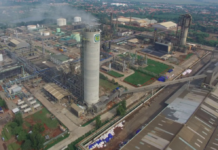The mass adoption of cloud computing and artificial intelligence (AI) is driving exponential growth for the data centre sector, according to JLL’s new Global Data Centre Outlook.
The report finds that hyperscalers which are mostly the global cloud service providers as well as edge data centres, smaller facilities located close to the populations and infrastructure they serve, account for 79% of overall demand and are the fastest-growing segments of the market.
The hyperscale market is expected to grow 20% from 2021 to 2026, as more tech companies look to meet surging demand for data processing and storage requirements.
With over 300 new hyperscale sites in development globally, that number is expected to surpass 1,000 by the end of 2024 – up from around 500 sites just five years ago.
Data centre uptake in Asia will continue despite economic headwinds, supported by factors including sustained social media usage in China (938 million users) and India (467 million users).
According to JLL, the regional hub status of Tokyo, Hong Kong, Singapore, and Sydney remain sound, with a combined 3,000 megawatts of total inventory and 765 MW under construction.
However, enterprises are increasingly considering other hubs and edge markets, including Jakarta and Mumbai, due to growing mobile phone usage.
Christopher Street, JLL’s head of data centres in the Asia-Pacific region. said that just five years ago, campus build sizes were commonly around 50 MW but now it is common to see builds of 100MW or more.
APAC currently makes up 26% share of global hyperscale data centre capacity in 2022. In mature markets like Singapore, Hong Kong, Tokyo, Shanghai and Sydney, JLL is witnessing a huge gap in capacity, and they are being bridged quickly with large new builds.
“Furthermore, emerging edge markets are receiving strong interest from cloud providers and hyperscalers,” said Street. “Given the region’s influence in the global economy, significant opportunity now exists in this market.”
However, the growth comes with its challenges. Globally, 53% of data centre operators struggle with finding qualified candidates, and 42% face challenges in retaining staff.
Along with talent, sustainability is now a top priority for data centre developers, operators and investors, including addressing energy use and emissions. Legislation and self-regulatory initiatives, such as Singapore’s Data Centre Moratorium, are setting standards to mitigate the climate impact of the industry.
Glen Duncan, JLL’s data centre research director in APAC, said that sustainability has been a standout theme since the pandemic. Many APAC businesses have embarked on purpose-driven sustainability programs to deliver impact on climate action for sustainable real estate.
“With more operators looking to use innovative solutions for energy efficiency, we are confident that the sector’s green ambitions would further advance,” said Duncan.
“For data centre users, outsourcing all their operations or hiring a third-party specialist can help mitigate labour challenges,” added Duncan. “Those who react the fastest to respond to the twin challenges of talent and sustainability stand to benefit from cost and operational efficiencies perspectives.”
















